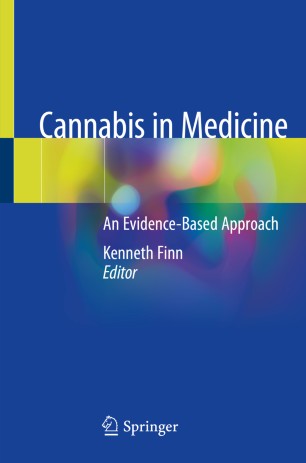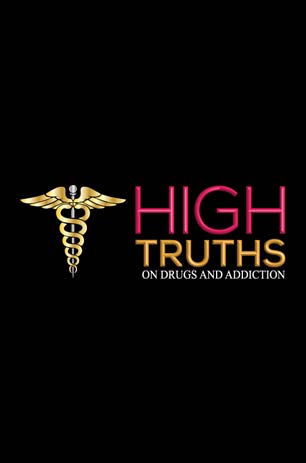‘Alarming’ Number of NY Teens are ‘Overdosing’ on Weed in HV
Officials from the Hudson Valley continue to worry after a number of high school students were hospitalized from marijuana use. Last week, several Pine Bush High School students were transported to the hospital due to drug use. “The health consequences were serious, but they have recovered and are getting support from their families,” Pine Bush’s interim


